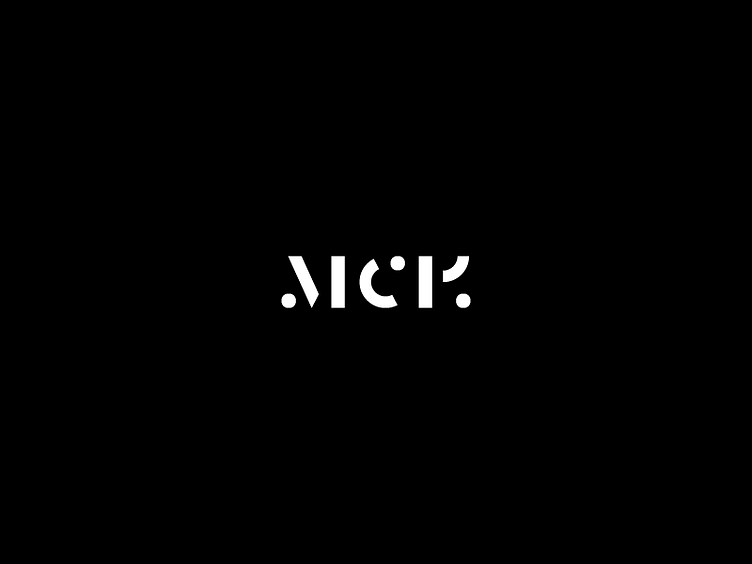- The Exit
- Posts
- The End of Custom API Hell: How MCPs Are Secretly Transforming AI Development
The End of Custom API Hell: How MCPs Are Secretly Transforming AI Development
Imagine if every person on Earth spoke a different language — with no common way to communicate. Every time you wanted to talk to someone new, you’d have to learn their language from scratch. Now, imagine doing this for every single conversation. Sounds exhausting, right?

Model Context Protocol
Imagine if every person on Earth spoke a different language — with no common way to communicate. Every time you wanted to talk to someone new, you’d have to learn their language from scratch. Now, imagine doing this for every single conversation. Sounds exhausting, right?
This is exactly what happens in AI communication today. Each AI system and service speaks its own unique API language, meaning developers have to build custom integrations for every single tool.
I know this struggle firsthand. Recently, I developed an API system for a SaaS project, and it was a massive headache. Every connection needed custom handling, testing, and maintenance. Now, imagine if I had to redo this process for every AI service I wanted to integrate with — that’s a nightmare.
But what if there was a universal language for AI models to communicate seamlessly, no matter what platform they’re using? That’s where Model Communication Protocols (MCPs) come in, and they’re about to change the game.
What Are MCPs?
Simple Definition: MCPs are like a universal language for AI models. They allow different AI systems to communicate with each other across platforms and services.
Why It Matters: This means developers don’t have to reinvent the wheel every time they want to connect AI to something new. It’s like being able to speak to anyone without worrying about different languages.
The Problem with APIs for AI Communication
The Old Way: Traditional APIs are like a different language for each service. Developers must build custom integrations to connect them — think of it as translating a message into several different languages each time.
My Experience: I ran into this myself while setting up an API system for a SaaS project. It was tedious, especially when you consider updates and maintenance — every change requires a new round of coding.
A Better Way: With MCPs, we don’t need to build custom integrations from scratch each time. Instead, everything “speaks” the same language, and AI models can easily interact with each other.
3 Amazing MCPs You Should Know About
Inbox Zero
What it does: An MCP server built on top of Gmail that helps users manage their inboxes effortlessly. It identifies which emails need replies, which need follow-ups, and which can be archived.
Use case: Imagine a busy entrepreneur who receives hundreds of emails a day. With Inbox Zero’s MCP integration, their AI assistant can automatically categorize and prioritize emails without any manual effort. It knows which ones need attention and which ones can wait, helping the user stay focused and organized. No need for manual sorting or endless searching for that one important email. It’s like having a personal assistant who understands the importance of every email!
MCP Reddit
What it does: This MCP server allows you to fetch and analyze Reddit content, providing tools for gathering posts, comments, and other Reddit-related data for use in AI systems.
Use case: A company wanting to gather insights from Reddit posts for market research can use this MCP to automatically scrape and analyze data from various subreddits. Instead of writing custom code to handle each interaction with Reddit’s API, the MCP simplifies the process by using a standard protocol, making integration and data analysis seamless.
Home Assistant MCP
What it does: This MCP server integrates with Home Assistant, a popular home automation platform, allowing AI systems to communicate with home devices like lights, thermostats, and security systems.
Use case: Imagine you’re setting up a smart home, and you want an AI assistant to control all your devices. Instead of dealing with separate APIs for every device (lights, thermostat, cameras, etc.), the Home Assistant MCP allows you to connect all your smart home devices to one AI interface with ease. The AI can handle everything from adjusting your thermostat to turning on the lights — without any complicated setup.
What This Means for the Future of AI
The Shift: Instead of managing tons of individual APIs, developers can integrate multiple services in a simpler, faster way — like speaking a common language.
The Impact: This will make AI development faster, more efficient, and accessible to non-technical founders who don’t have to deal with the complexities of APIs.
What’s Next?: As MCPs evolve, we’ll see even more powerful integrations, making AI smarter and more interconnected across industries.
Conclusion
MCPs are not just a technical upgrade — they’re a paradigm shift in the way AI models communicate. Whether you’re a developer tired of constantly juggling APIs or a non-technical founder trying to make AI work for your business, MCPs offer a simpler, more efficient way to bring AI to life.
The future of AI communication is here, and it’s universal, seamless, and game-changing.
Stay ahead of the curve — start exploring MCPs today and see how they can make your AI systems simpler and more powerful.